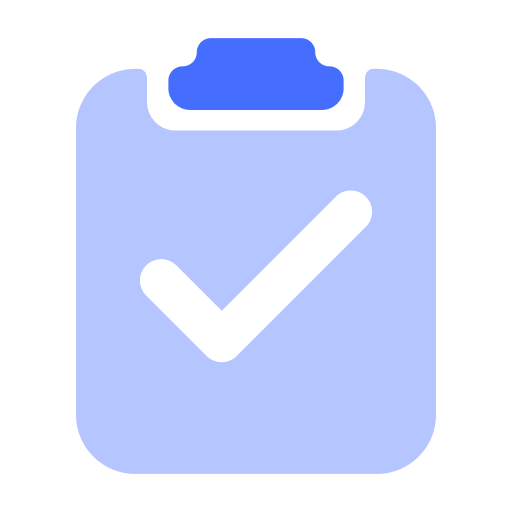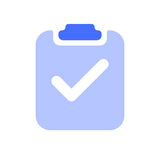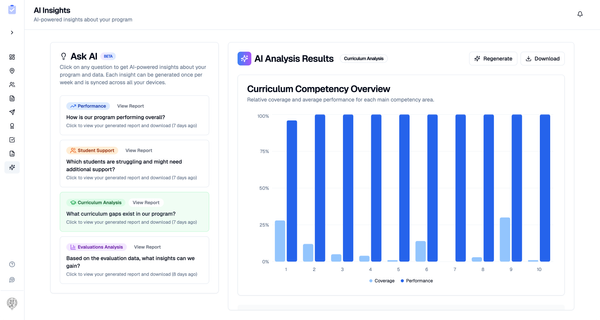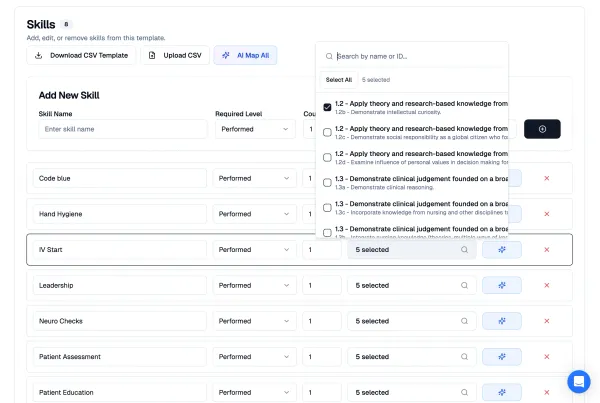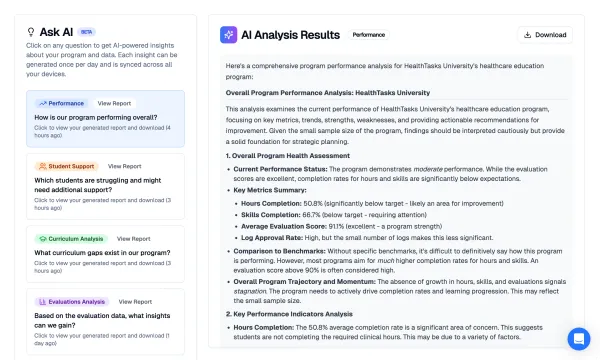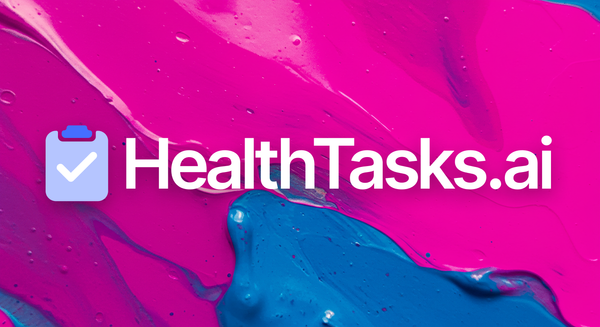Effective Assessment Methods for Nursing Students

Assessment is a critical component of nursing education, serving as a tool to evaluate the knowledge, skills, and competencies of nursing students. Effective assessment methods ensure that students are well-prepared to meet the demands of the healthcare environment.
Understanding Assessment in Nursing Education
In nursing education, assessment methods can be broadly categorized into formative and summative assessments:
- Formative Assessments: These are ongoing assessments that provide continuous feedback to students, helping them improve their skills and understanding over time. Examples include quizzes, peer reviews, and clinical skill evaluations.
- Summative Assessments: These are comprehensive evaluations conducted at the end of a learning period to measure student competence. Examples include final exams, standardized tests, and practical exams.
The Importance of Formative Assessments
Formative assessments play a crucial role in nursing education for several reasons:
- Continuous Feedback: They provide immediate feedback, allowing students to identify their strengths and areas for improvement.
- Skill Development: Frequent assessments help students refine their clinical skills through regular practice and evaluation.
- Personalized Learning: They enable educators to tailor their teaching strategies to meet the individual needs of students.
Innovative Tools for Formative Assessment: Nursetasks
One of the most significant advancements in nursing education is the integration of technology into assessment methods. Nursetasks stands out as an innovative electronic clinical tracking system that revolutionizes formative assessments. Here's how Nursetasks enhances the assessment process:
Real-Time Digital Skills Logging
Nursetasks allows nursing educators and students to log clinical skills and experiences in real-time. This feature provides several benefits:
- Immediate Documentation: Students can record their clinical activities as they happen, ensuring accurate and up-to-date records.
- Progress Tracking: Both students and educators can monitor progress over time, identifying trends and areas needing attention.
- Reflective Practice: Real-time logging encourages students to reflect on their experiences immediately, reinforcing learning.
Performance Analytics
Nursetasks leverages performance analytics to provide deeper insights into student progress:
- Data-Driven Insights: The system analyzes logged data to generate detailed reports on student performance, highlighting strengths and weaknesses.
- Cohort Benchmarks: Educators can compare individual student performance against cohort benchmarks, offering a broader perspective on student progress.
- Targeted Interventions: By identifying specific areas where students struggle, educators can implement targeted interventions to address these challenges.
Best Practices for Using Nursetasks in Formative Assessments
To maximize the benefits of Nursetasks, nursing educators can adopt the following best practices:
- Regular Logging: Encourage students to consistently log their clinical activities to maintain accurate records and ensure continuous feedback.
- Frequent Review: Schedule regular reviews of the logged data and performance analytics to monitor progress and make informed decisions.
- Collaborative Learning: Use cohort benchmarks to foster a collaborative learning environment where students can learn from each other's experiences.
- Reflective Sessions: Incorporate reflective sessions where students can discuss their logged experiences and receive feedback from peers and educators.
Effective assessment methods are essential in nursing education to ensure students develop the necessary competencies to excel in their field. Formative assessments, in particular, provide valuable continuous feedback that helps students improve over time.
With the innovative capabilities of Nursetasks, nursing educators can enhance formative assessments through real-time digital skills logging and performance analytics, ultimately leading to better educational outcomes and well-prepared nursing professionals. By embracing such advanced tools, nursing education can continue to evolve and meet the dynamic needs of the healthcare industry.

